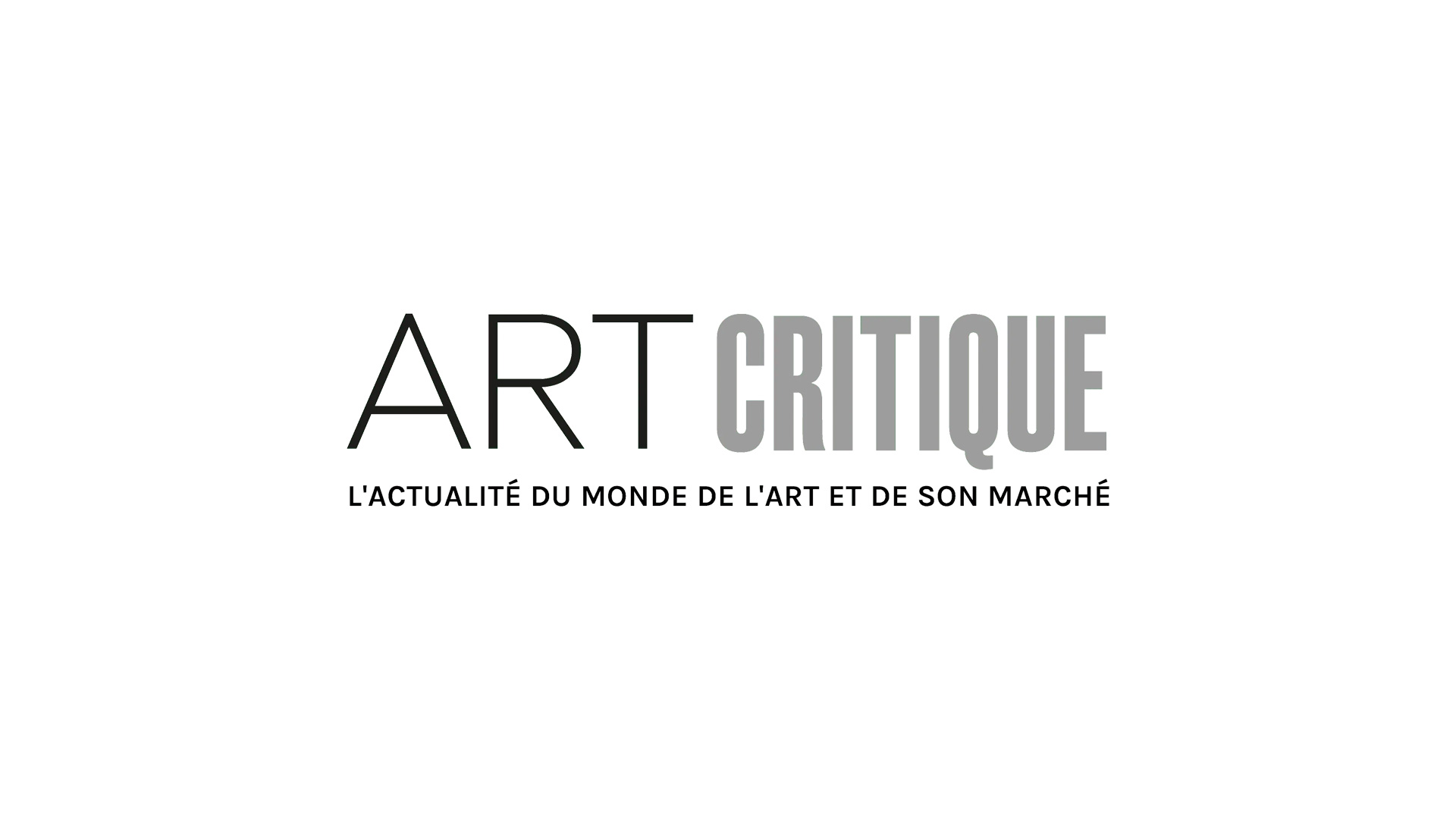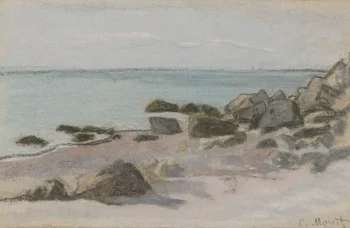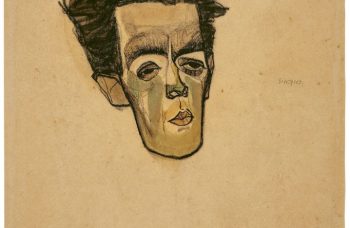Amid heightening tensions concerning the repatriation of items currently residing at large institutions, Jamaica has joined the list of countries looking for the return of culturally significant items. Before Jamaica’s parliament, Olivia Grange, cultural minister of Jamaica, called on officials at the British Museum in London to return artefacts that were taken from the island nation when it was one of England’s colonies.

During her address, Grange made demands for works including a 500-year-old carved wooden figure depicting the rain god and ‘River Giver’ called Boinayel and another carving found in 1792 of a bird-man spirit. Both of the artefacts belonged to the Taíno, an indigenous people of Jamaica, before they, along with a number of other works, were taken from the island between 1655 and the late 20th century, when the country was a British colony.
‘[The artefacts] are not even on display,’ said Grange in her speech to parliament according to Jamica’s The Gleaner. ‘They are priceless, they are significant to the story of Jamaica, and they belong to the people of Jamaica. We are working — through the National Council on Reparations — to have them returned.’
In addition to the aforementioned wooden figures, Grange made calls for other artefacts critical to the country’s cultural heritage and development. ‘At the same time, we have located several films — that tell the story of the development of our nation — in databases overseas,’ continued Grange. ‘They belong to us and I have put a team to work along with Chappy St Juste on repatriating them.’
In response to Grange’s July 23rd speech, a spokesperson for the British Museum said: ‘Two Taíno objects, a stool and a standing figure have been on public display in the Enlightenment gallery since 2009. Taíno objects in the collection have been lent extensively to India, Japan, Spain, France, Singapore and the Horniman Museum in London. The Taíno ritual seat was part of the A History of the World Tour which has been seen by more than a million people at multiple venues from 2014-18.’
These demands are one more in a growing list of countries that have made similar pleas to organizations like the British Museum. An increase in public calls has been even more noticeable since the findings of Felwine Sarr and Bénédicte Savoy’s report were released last year. That report, which was commissioned by French president Emmanuel Macron to have a better understanding of what France should do with their troves of African artefacts, has since made headlines. Greece and Ethiopia have called on the British Museum for similar actions while countries like Nigeria and Chile are in talks about the return of particularly artworks.
Grange also stated that members of Jamaica’s parliament had been working with the National Commission on Repatriations, which was established in 2009, to return works to the Caribbean nation.





